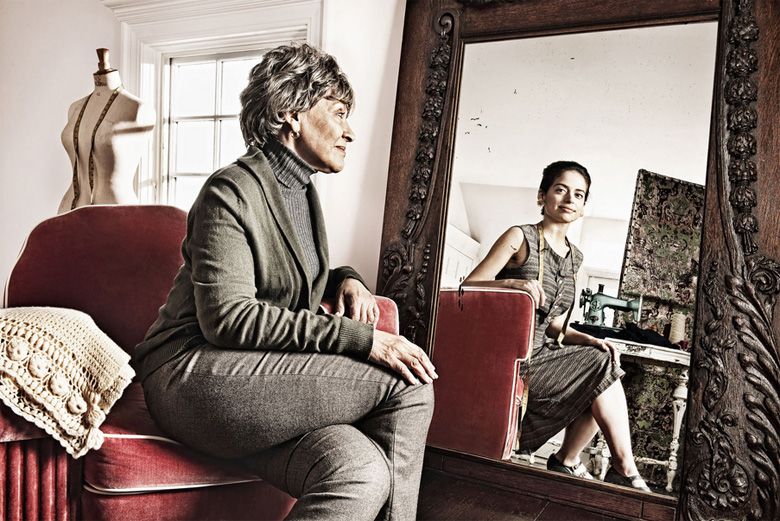Whose body is this?

Mind/body dualism is a thing. It’s a very noticeable reality for those of us in or nearing the fourth quarter of our lives. Because though my body is showing obvious signs of age, “I” don’t feel old. I may be a little slower at Jeopardy as I mentioned last time, a little forgetful, but my perception and reasoning skills are healthy and fully functional. As good if not better than they were 30 years ago.
I look at my wrinkles and crepey skin and think, whose body is this? It can’t be mine because I don’t feel like an old lady. My physical body and the part of me that is not physical – the part that reasons and feels and believes – are interdependent but separate. It’s kind of like how this laptop and I work together to produce this post and both are necessary, but its lifespan is totally unrelated to my own.
Materialists believe what we think of as the mind is simply a function of the brain. But the mind and the brain are not the same. The brain, as a physical organ composed of matter, is subject to the effects of time and mortality, as is the rest of the body. But the mind remaining vibrant well into old age testifies that it is not likewise physical.
So the mind which is immaterial must be equated with the soul, which is “I.” And because the soul is not made of matter so does not deteriorate and decompose, it lives on when its material host dies.
Mind/body dualism is not merely a concept for debate among philosophers. It is a personal reality for all those who make it to old age and reflect on the disjunction between their aging body and their robust mind.
It’s a thing. And I’ll have more things to say about aging next time.



